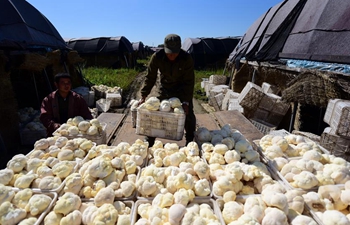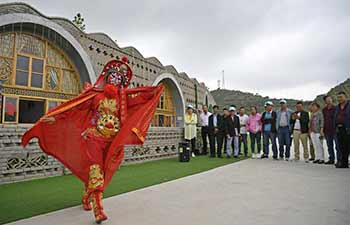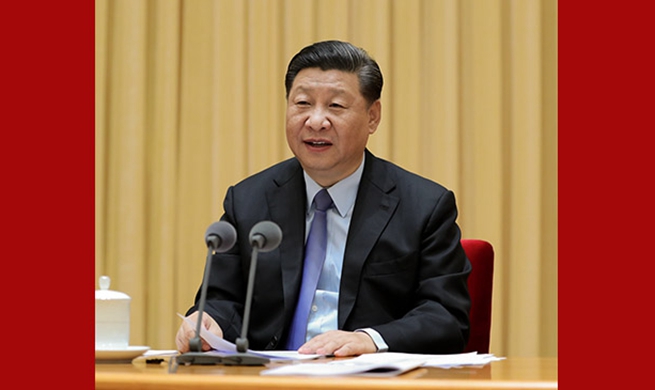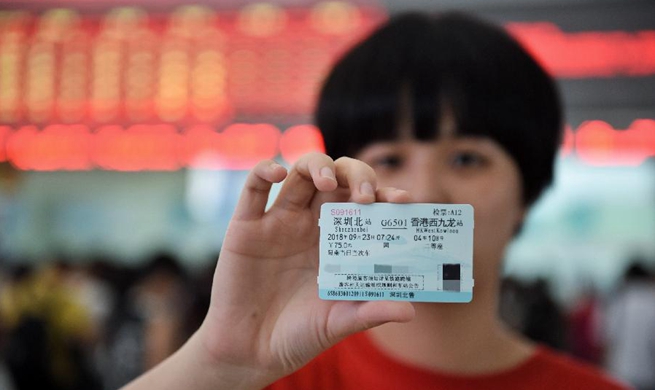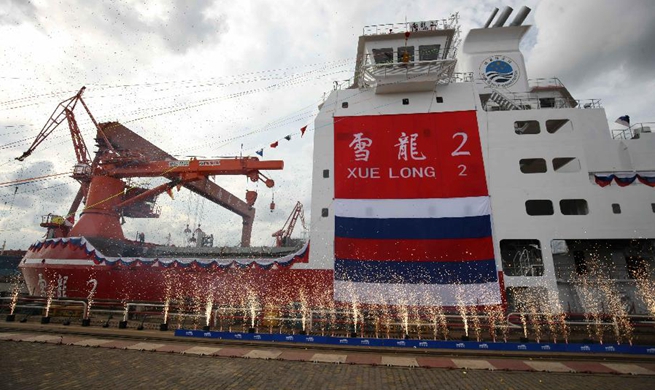JUBA, Sept. 10 (Xinhua) -- South Sudan has extended oil exploration and production agreements with three foreign oil companies to allow them to continue pumping oil in the Unity oilfields for about six years.
The Ministry of Petroleum and representatives of Malaysia's PETRONAS, China National Petroleum Corporation (CNPC) and India's Oil and Natural Gas Corporation (ONGC) inked the deal in Juba on Monday.
The three oil companies have been producing crude for the war-torn country since it gained independent in July 2011.
The agreement will allow the firms to continue producing oil on behalf of the east African nation for six and half years in Blocks 1, 2 and 4.
South Sudan petroleum minister Ezekiel Lol Gathkuoth said the extension of the exploration production sharing agreement (EPSA) and the transitional agreement (TA) provides a win-win partnership between the government and the oil companies because it address issues of environmental protection, infrastructure development and decommissioning of oil infrastructure.
"This extension of agreement is good because this is money for the people of South Sudan and for the country. It is a win-win for all of us," Gatkuoth said.
According to the World Bank, South Sudan is the most oil-dependent nation in the world, with oil accounting for almost the totality of exports, and around 60 percent of its gross domestic product (GDP).
After the young nation descended into civil war in late 2013, oil output fell from 350,000 barrels per day in 2011 to less than 130,000 barrels per day in 2014.
Gatkuoth said the new pact would be vital in boosting South Sudan's oil production and help revive its ailing economy after more oil fields reopened in the northern parts of the country last month.
"The economy of the country will be definitely improving so that we have more developmental projects for the country and for the people," Gatkuoth said.
Chol Deng, head of the country's state-owned oil firm NilePet, expressed the hope that the deal signed on Monday would be "translated into more benefits for the people of South Sudan."
"The agreement will allow our partners to inject more money to invest, knowing that they have more time to recover," Deng said.
